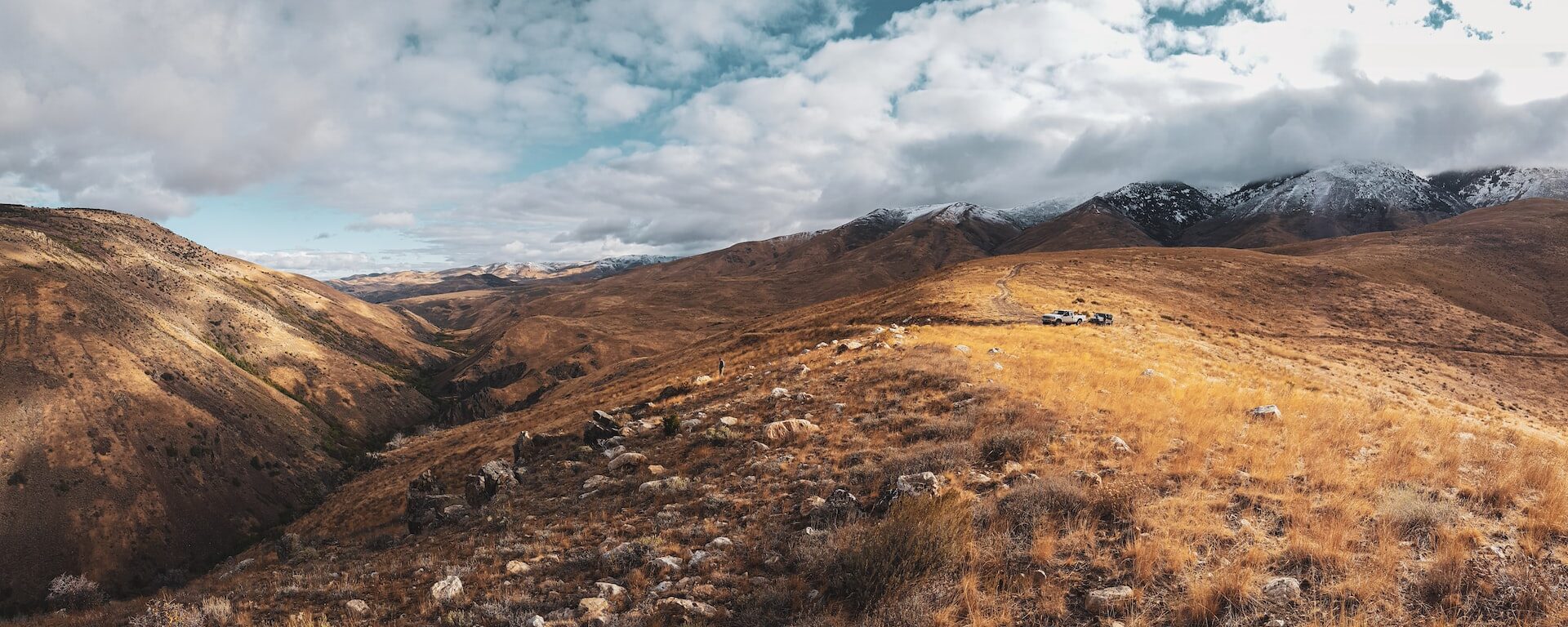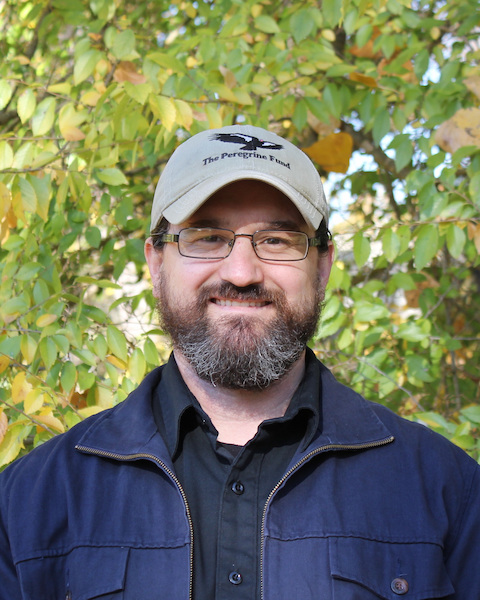We are coupling the modeling framework of GEODE with the power of Google Earth Engine.
Environmental scientists and decision-makers often employ mapping and modeling to address a wide range of complex environmental challenges. Barriers practitioners face include long data processing times, lack of access to robust and up-to-date datasets, and complex programming languages and libraries.
GEODE (the Global Environmental Online Decision Engine) is a web-based mapping and modeling system currently under development at the Conservation Biology Institute. The goal of the GEODE project is to put the power of Google Earth Engine into the hands of environmental scientists, decision makers, and land managers – no programming experience required.
GEODE is a complete spatial decision support modeling system that can be used to help answer complex management questions and provide critical insight into the challenging environmental problems that threaten biodiversity and the planet’s fragile ecosystems. Users will be able to publish, share, edit, and modify GEODE models so results can be applied to environmental issues anywhere across the globe.
Empowered by GEODE, users benefit from:
- The ability to work with significantly larger datasets than current capacity allows.
- Very fast turn-around time for analyses.
- Plug and play library development for geoprocessing, statistical, and modeling functions.
- A programming free model building environment.
- A collaborative environment for teams of researchers and managers to work together, building, sharing, editing, and exploring models.
- Automatic model updates as new datasets become available.
By coupling the modeling framework of GEODE with the power of Google Earth Engine, anyone able to use a simple interface will have access the power Google Earth Engine has to offer – and that is a lot!


